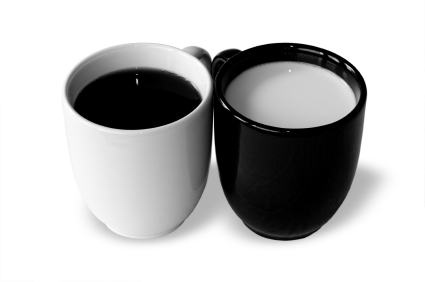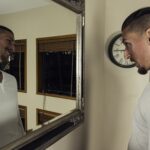“Consider the Zen practice of the koan, the question or problem proposed by Zen masters to each other or by masters to students. The koan is a dilemma, a mystery which the rational mind cannot solve…The key to the resolution of a koan is a shift in the being of the student which allows for a new understanding of the question itself. In presenting a koan, the teacher engages the student with mystery in a highly personal way. The student becomes intimate with the question, and sometimes struggles with it for a very long time.”
– Rachel Naomi Remen, M.D., Kitchen Table Wisdom
I have struggled with the subject of addiction for a very long time.
My struggle has been highly personal, beginning pre-birth. While I was in utero, my mother was smoking, a few years into her multi-decade addiction to nicotine. My brain and nervous system developed in a soup of nicotine with the added ingredient of caffeine and, because of her high stress, probably a spice sachet of adrenalin and cortisol. I am known for my energy. My neurons were born firing.
When my first marriage ended, in the vulnerable, disoriented, gullible state most are in at that stage in the divorce process, I took the recommendation of an acquaintance for a counselor. I did not do due diligence. I liked the counselor and saw him for several years. Within a few months, he disclosed that he was a recovering addict. Eventually he disclosed that he was practicing without a license.
 Looking back, I realize I had some consciousness that, for me, the bad outweighed the good – and the good was profound – but it took an eruption of distress and outrage to finally disentangle myself from him. I think my interest in counseling began when I started reading textbooks to challenge his methods and theories. I began a master’s in counseling during the last year before I left him. (That I use the phrase “left him” to describe the end of a counselor-client relationship speaks volumes.)
Looking back, I realize I had some consciousness that, for me, the bad outweighed the good – and the good was profound – but it took an eruption of distress and outrage to finally disentangle myself from him. I think my interest in counseling began when I started reading textbooks to challenge his methods and theories. I began a master’s in counseling during the last year before I left him. (That I use the phrase “left him” to describe the end of a counselor-client relationship speaks volumes.)
I did my internship for my master’s at DACCO’s women’s residential treatment center for substance abuse in 2005-2006. My father is a scientist with a Ph.D., my mother was a statistician and programmer with a Ph.D., so this word was not part of my childhood home’s vocabulary, and I can imagine the scientific contempt for it, but I have no other word for what I experienced than this: miracle.
Overpowered by people, places, things
How did any of those 60 women, seemingly overpowered by alcohol or drugs, overpowered by life – the standard estimate is that 70% of women with addictions have experienced trauma or abuse – stay sober or clean for minutes, much less days, weeks, months? (Link to download source .doc )
It was a miracle. As an intern, I was given a few individual clients and an educational group. How in the world did what I did contribute to that wonder?
I had an addictions counseling class during my master’s program in 2005. I was grateful to be allowed to take another addictions counseling class during the summer of 2013 through Virginia Tech with Dr. Gerard Lawson to help get myself current. And I’ve been reading and studying, reading and studying…
What is the cure for addiction?
“The student becomes intimate with the question, and sometimes struggles with it for a very long time.”
The more I study, the more I interview addictions professionals and researchers, the more I talk with alcoholics and addicts, the less certain I am of what helps and what heals. Googling “what is the cure for addiction” returns 46 million+ results. When I read Rachel Naomi Remen’s description of a koan last night, I thought, “Addiction is my koan.”
“The ability to seek and find meaning in life is based more than anything on the capacity to hold paradox and maintain an unblushing cognitive dissonance.”
O, paradox! O, dissonance! I hold you aplenty!
I have felt almost ashamed of the inability of my scholarly ways to find a black and white answer to the cause of, and cure for, addiction. My capacity to hold paradox is strained. I feel a tight cap of striving covering my head.
“The key to the resolution of a koan is a shift in the being of the student which allows for a new understanding of the question itself.”
In response to sharing a problem with my father, mother and sister at the family dinner table one night, I remember my father moving a glass of water towards me.
“Instead of seeing this glass of water from where you are now, imagine yourself getting down on the floor and looking up at it through the table.”
No one really knows what causes and cures addiction. It’s a mystery.
So, with this mystery, what is mine to do?
I think I’ll start by lying down for a rest under the table.
All indented quotes are from Kitchen Table Wisdom: Stories That Heal by Rachel Naomi Remen, M.D., chronic illness survivor, and physician turned counselor to cancer patients.
